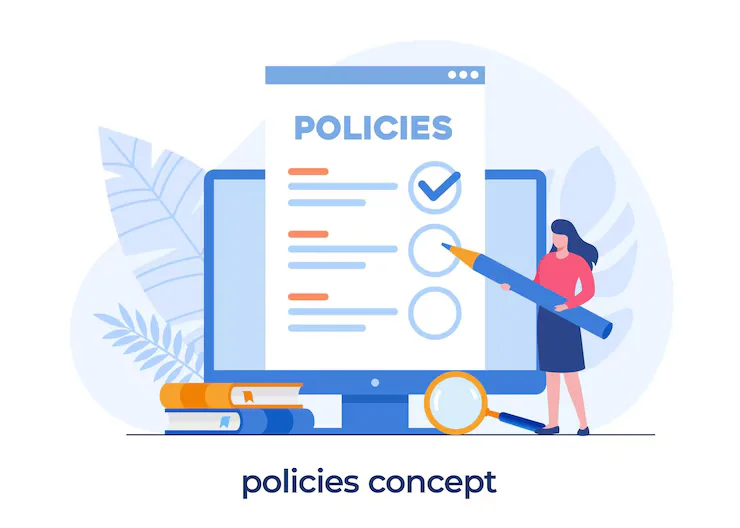Nowadays, whenever we have to buy something necessary or incur an emergency expense, the first question that comes to our mind is :Credit Card EMI for Personal Loan? Both options allow you to pay back money easily in small monthly payments, but they differ greatly. The interest rate, reimbursement period, charges, and endorsement handle – all change. If you’re confused about which alternative is best for you, in this direct way we’ll compare the two in plain dialect so you can make an educated money-related decision.
A credit card EMI is an office that permits you to purchase costly things like versatile phones, portable workstations, TVs or fridges utilizing your credit card and not pay them off in one go. Instead, you can part the sum into little month-to-month instalments. This alternative is particularly valuable for those who need to spend enormously without disturbing their month-to-month budget. Regularly banks and credit card companies, moreover, offer extraordinary offers like 0% interest or no preparation expense. But each offer has its own which requires being caught on.
How does a personal loan work?
A personal loan is a loan that you can avail for any personal need – be it education, an emergency, home renovation or wedding expenses. You get this advance in the shape of a knot entirety, which you reimburse in settled installments on a month-to-month basis. It does not require you to give any collateral or security; thus, it is called an unsecured loan. The approval process is a bit formal in that your credit score, income and ability to pay are checked. The tenure of personal loans can range from 1 year to 5 or 7 years, so it is a good option for long-term financial planning.

What is the difference in interest rates?
If we talk about the interest rate, the interest rate charged on a credit card EMI is usually higher than a personal loan. But in some situations, when banks launch promotional schemes, you can even get 0% interest EMI – but this is usually for a limited period. In today’s fast-paced and unusual money-related world, everybody needs a frame of additional cash at a few points or another. Credit card EMI and individual credit are both valuable devices, but their adjusted utilization depends on your budgetary needs, reimbursement capacity and long-term arrangements. If you require a short-term arrangement for a little sum, credit card EMI is speedy and requires no documentation. Though, if you require a huge sum of cash and need to comfortably oversee the reimbursement within 2-5 months, at that point an individual advance would be superior. Most imperatively, you ought to do a genuine investigation of your budget, credit score and capacity to pay some time previously making a choice. Making each budgetary choice astutely spares you from superfluous stretch and fortifies your money-related wellbeing.
Which has more payment flexibility?
Repayment flexibility means how easily you can repay your loan or EMI as per your convenience. Credit card EMI is more flexible for short-term purchases, especially if you want to make installments for just 3, 6 or 9 months. You can make EMI using your existing credit card limit without any new documents. But if you need a stable repayment plan in the long term, a personal loan is a better option. In this you can take a term of 2, 3 or 5 years, which reduces the monthly instalment and makes it easier for you to manage the budget.
Which has simpler documentation and endorsement?
No additional documents are required to avail credit card EMI, especially if your card meets the bank’s criteria. You can activate EMI in a simple click through a mobile app or internet banking. On the other hand, for an individual credit, you require appropriate records like a compensation slip, bank articulation, character confirmation, and now and then, indeed, an underwriter. Endorsement takes a few days, and the bank assesses your qualification altogether. So if you require quick cash in a crisis, credit card EMI can be outlined to be more helpful.

Which alternative is way better when?
Each alternative has its own particular use case. If you, as it were, require a little sum – like Rs 10,000 to Rs 50,000 – and are required to pay it back inside 3 to 6 months, credit card EMI is an extraordinary choice. But if you require Rs 1 lakh or more and need to pay it back in 2 or 3 years, at that point an individual advance is way better for you. You also need to see which option you are paying more interest on and which you can comfortably manage in your budget.
Real Life Situations: When Should You Choose?
If you are booking electronics or travel. And you have a credit card available where the 0% EMI offer is available, so credit card EMI is a cheap and quick solution.
If you have a restorative crisis. Where there is a requirement for an expansive sum of cash, taking an individual credit is superior since it gives a knot in its entirety.
If you want to renovate your home. Or if it’s a long-term project that requires cash flow over time, flexible repayments and a longer personal loan term will help you.
If you need something smaller. If you want a short-term installment for something like a mobile phone, AC or furniture, and you have a card with a healthy credit limit, then EMI will be most convenient.
If your credit score is not strong, getting a personal loan can be difficult, while getting a credit card EMI is relatively easy (if the card is active and the limit is available).

Conclusion
In today’s fast-paced and unusual money-related world, everybody needs a frame of additional cash at a few points or another. Credit card EMI and individual credit are both valuable devices, but their adjustment utilization depends on your budgetary needs, reimbursement capacity and long-term arrangements. If you require a short-term arrangement for a little sum, credit card EMI is speedy and requires no documentation. Though, if you require a huge sum of cash and need to comfortably oversee the reimbursement inside 2-5 years, at that point an individual advance would be superior. Most imperatively, you ought to do a genuine investigation of your budget, credit score and capacity to pay some time before making a choice. Making each budgetary choice astutely spares you from superfluous stretch and fortifies your money-related wellbeing.